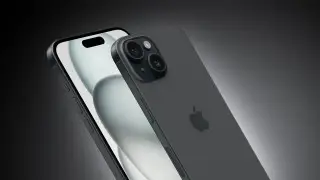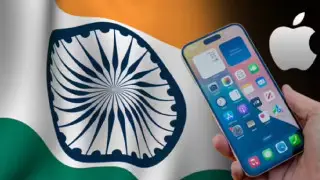
Ashok Elluswamy, an Indian-origin software engineer, has made big contributions to Tesla's advancements in artificial intelligence and autopilot technology. His work caught the attention of tech billionaire Elon Musk, who praised Elluswamy for his role in the company's success. Notably, Ashok Elluswamy, currently serving as the director of Autopilot Software at Tesla, was brought on board following a tweet from Elon Musk seeking candidates for the autopilot team. Elluswamy has been with the company for eight years.
Elluswamy joined Tesla's autopilot team as its first member back in 2014. At that time, the technology was in its infancy, operating on a very basic computer with minimal memory and computing power. Despite these limitations, Elluswamy and his team were tasked with developing advanced features like lane keeping and lane changing. Many thought these goals were impossible, but the team persevered. By 2015, Tesla had successfully launched the world's first autopilot system, beating competitors by several years.
Here's Elon Musk's X post:
Thanks Ashok!
— Elon Musk (@elonmusk) June 9, 2024
Ashok was the first person to join the Tesla AI/Autopilot team and ultimately rose to lead all AI/Autopilot software.
Without him and our awesome team, we would just be another car company looking for an autonomy supplier that doesn’t exist.
Btw, I never… https://t.co/7eBfzu0Nci
In 2016, Tesla decided to develop all computer vision technology for autopilot internally, rather than relying on external vendors. This decision was considered risky, as it typically takes other companies years to develop such systems. However, under Elluswamy's leadership, Tesla achieved this ambitious target in just eleven months, establishing a robust AI team within the company.
Elluswamy didn't just focus on software; he also played a crucial role in developing Tesla's AI hardware. Starting in 2017, Tesla began designing custom silicon chips to efficiently run neural networks. These chips, which entered production in 2019, are still highly competitive today. They offer significantly more AI computing power than contemporary chips from other tech giants, like Apple's M3.
Elluswamy strongly believed in using vision and AI to achieve vehicle autonomy, rather than relying on additional sensors and high-definition maps. By 2020, this approach was validated as Tesla's Full Self-Driving (FSD) software could navigate complex urban environments using just vision. Despite skepticism from industry experts, Tesla's vehicles now boast impressive autonomous capabilities with fewer sensors than any other production car.
In 2021, Elluswamy spearheaded Tesla's foray into humanoid robotics, well before AI's widespread recognition through technologies like ChatGPT. Much like vehicle autonomy, the goal for these robots is to make them effective, scalable, and affordable.













Copyright © 2025 Top Indian News
